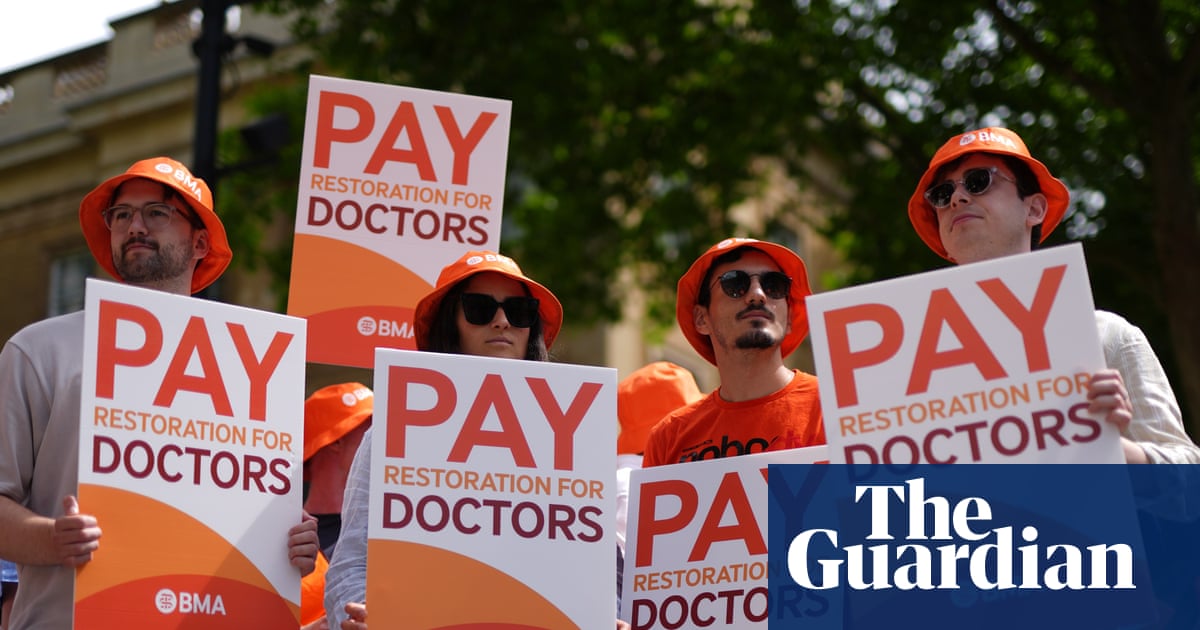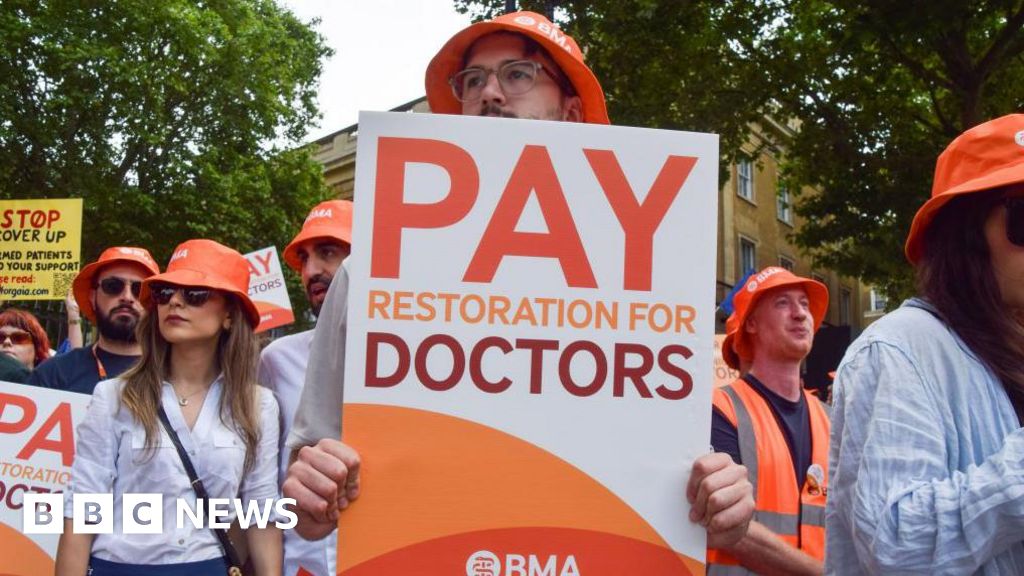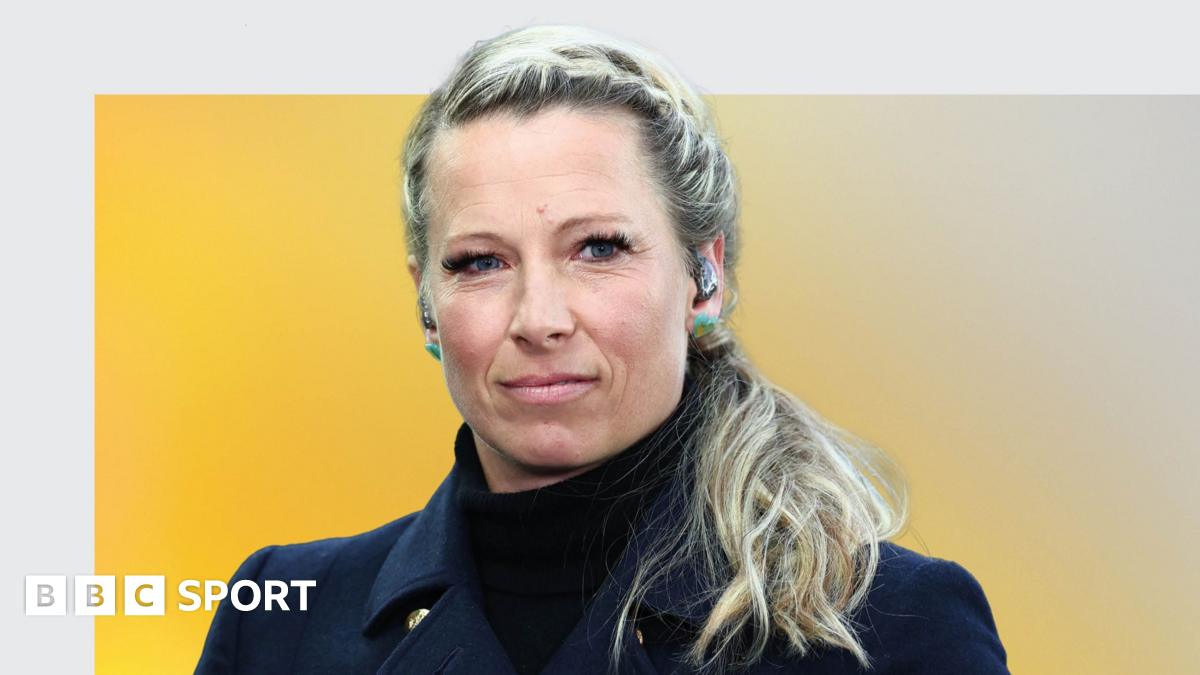Patients from the most deprived areas of England face longer waits for NHS treatment and make up a higher proportion of those waiting for care, according to figures.
Data released by NHS England on Thursday provides a breakdown of the health service’s waiting lists by ethnicity and deprivation levels for the first time. It shows that people in the most deprived areas of England and people from ethnic minority backgrounds make up a disproportionate and growing proportion of those waiting for NHS treatment.
An average of 3.1% of patients living in the most deprived areas had been waiting more than a year to begin treatment as of June, compared with 2.7% of the least deprived.
The deprivation gap is even wider in certain regions of England, with 2.4% of patients in the most deprived areas in London waiting over a year for treatment, compared with about 4.9% of the most deprived in the east of England.
Patients from an Asian or British Asian background were more likely to be waiting longer than 18 weeks for treatment than any other group, and the east of England and south-west England were regions with the largest ethnicity gap for people waiting more than a year to begin hospital treatment.
60.3% of white British patients were seen within 18 weeks, compared with 57% of Bangladeshi patients, and 58.2% of Asian and British Asian groups overall.
The data was released after the health secretary, Wes Streeting, unveiled his 10-year plan for the NHS, which includes new neighbourhood health centres opening in places where life expectancy is at its lowest.
Women made up a disproportionate percentage of those on the waiting list for NHS treatment, at 57%, while also being more likely to be waiting more than 18 and 52 weeks than men. People of a working age (aged between 19 and 64) are also more likely to wait over a year to start treatment, at 3%, compared with 2.5% of those over 65.
According to the latest census, 62.9% of the overall population of England and Wales are of working age.
Siva Anandaciva, the director of policy, partnerships and events at the King’s Fund, said the government’s 10-year plan does not say enough on how to reduce health inequalities, and that it is “simply not ambitious enough”.
She added: It is crucial that we see further and faster ambition in the months that come to narrow these avoidable differences in experiences of the NHS. Addressing persistent inequalities in the English health service is ultimately good for patients, good for communities and good for the NHS.”
Streeting said: “Our 10-year health plan will tackle health inequalities faced across the country, diverting billions of pounds to working class communities, and providing truly targeted, bespoke care to all patients where they live via the neighbourhood health service.”

 5 hours ago
3
5 hours ago
3









 English (US)
English (US)